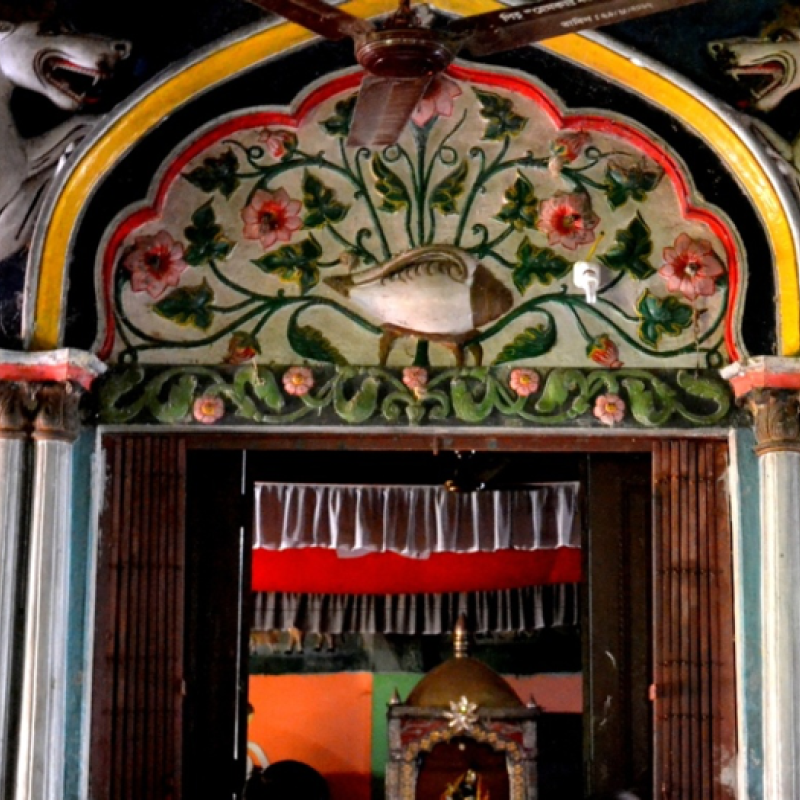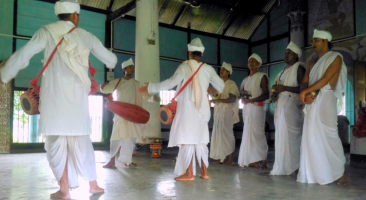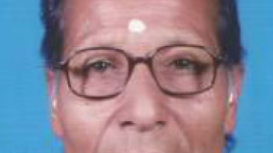The monastic institutions that belong to the Neo-Vaishnavite tradition of Assam, called sattras, have been critical in preserving a rich cultural heritage and oral tradition. The monks (bhakats) have used the medium of dance, drama and music to disseminate the religious spiritual ideas and are performers who have drawn audiences all over the world for their art. The aim of this module is to situate these cultural art forms in the sattra and explore the teaching learning processes through which the novice becomes a performer and a monk. The module draws from ethnographic fieldwork conducted in Majuli to gain insights into the everyday practices of the sattras. The bhakat is a living heritage who is carefully ‘crafted’ at the sattra through the guru–shishya parampara (master–apprentice tradition). The sattra is a learning space where the identity of the bhakat is preserved and reproduced. The learning practices at the sattra are crucial in understanding how the identity of the bhakat comes into being and is negotiated, and hence a part of intangible cultural heritage. The organisation of the space and time and the teaching–learning processes for the religiously embedded performances are the channels through which the oral traditions are transmitted, internalised and inscribed on the bodies of the bhakat. In examining these processes of learning, the module explores the changing meanings of monkhood, the challenges ahead arising from the dwindling numbers and resources at the sattras and the ways in which they cope and reinvent their identity. Thus, framing the bhakat as a conduit for the perpetuation of a tradition, this research is a glimpse into how they learn to become a ‘bhakat’ and in doing so capturing their narratives about their lived experiences.
Neo-Vaishnavite Monasteries of Assam
in Module
Published on:

Abismrita Chakravarty
A student of sociology, Abismrita Chakravarty has a deep interest in the field of education. She works at Ashoka University, where she manages enrichment programmes based on experiential learning. Abismrita has graduate and postgraduate degrees in sociology from Delhi University, and Master’s in education from the University of Sussex.



